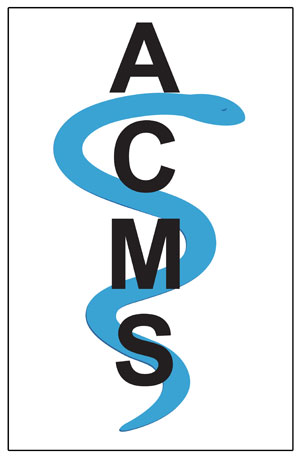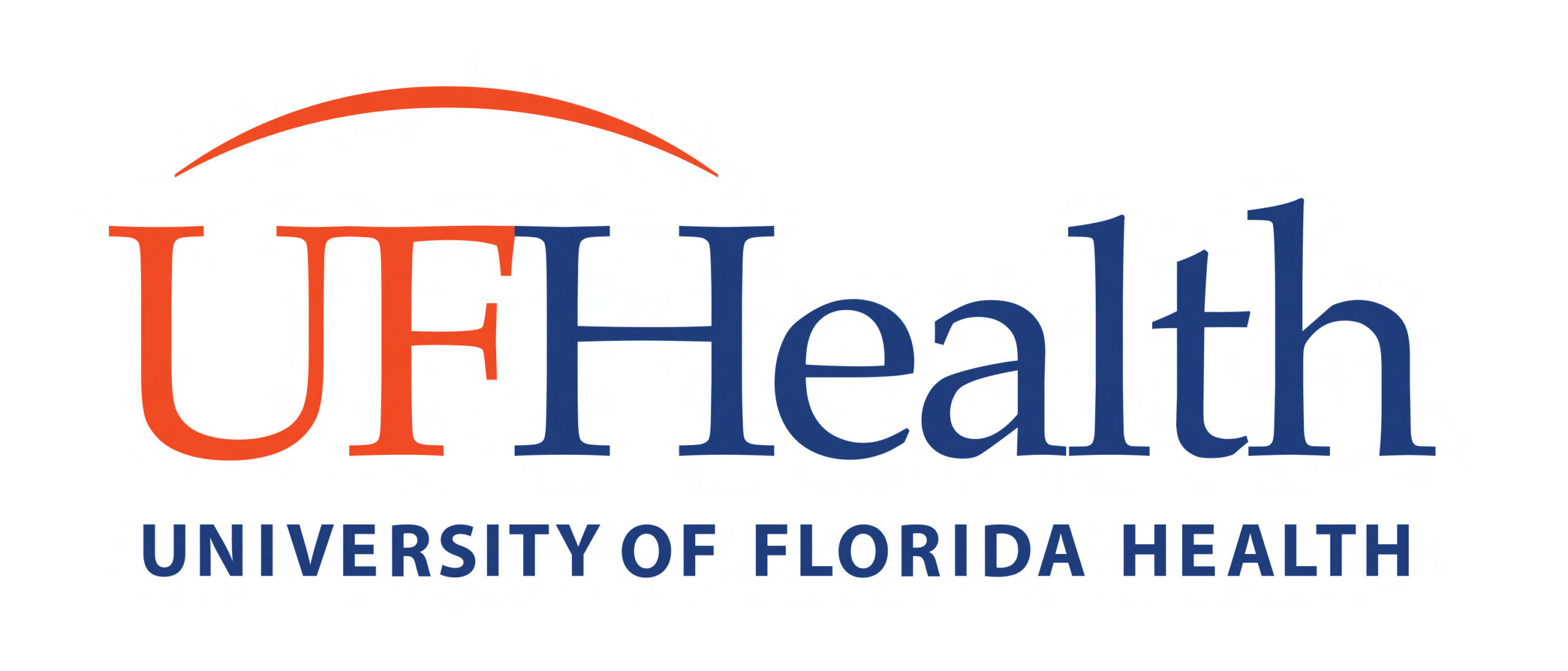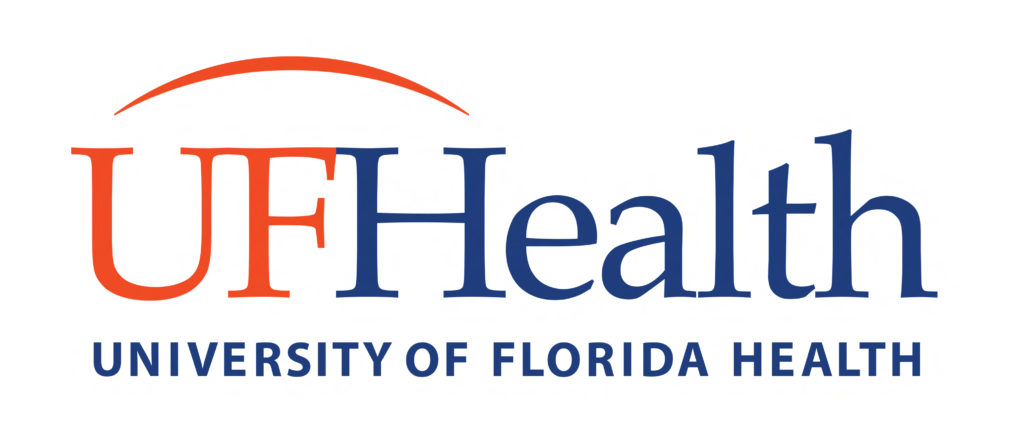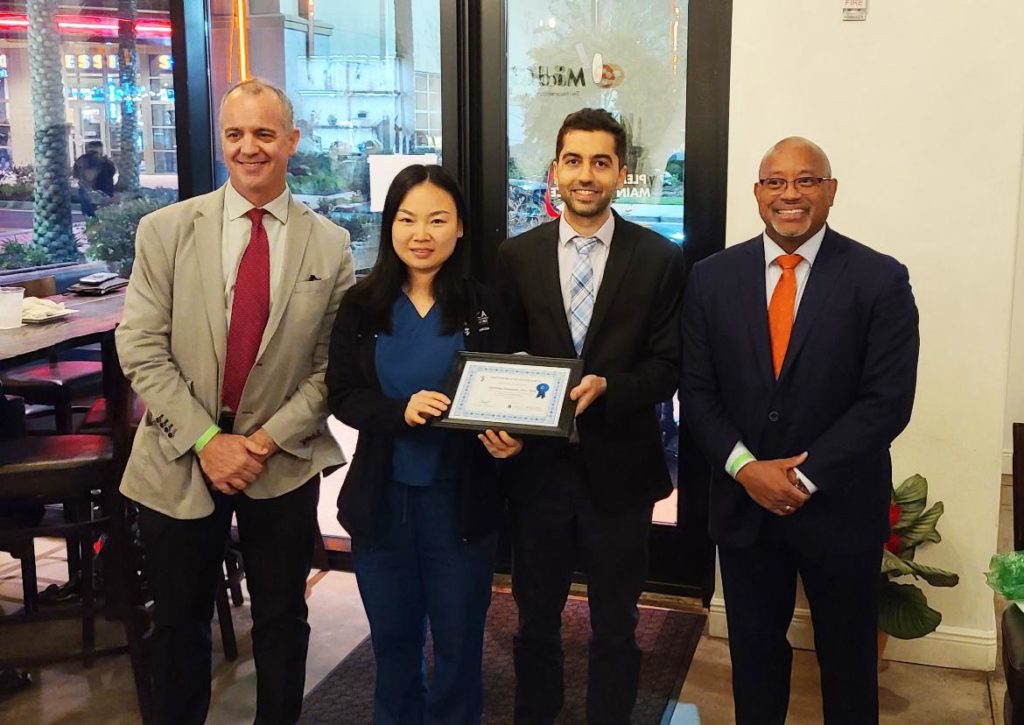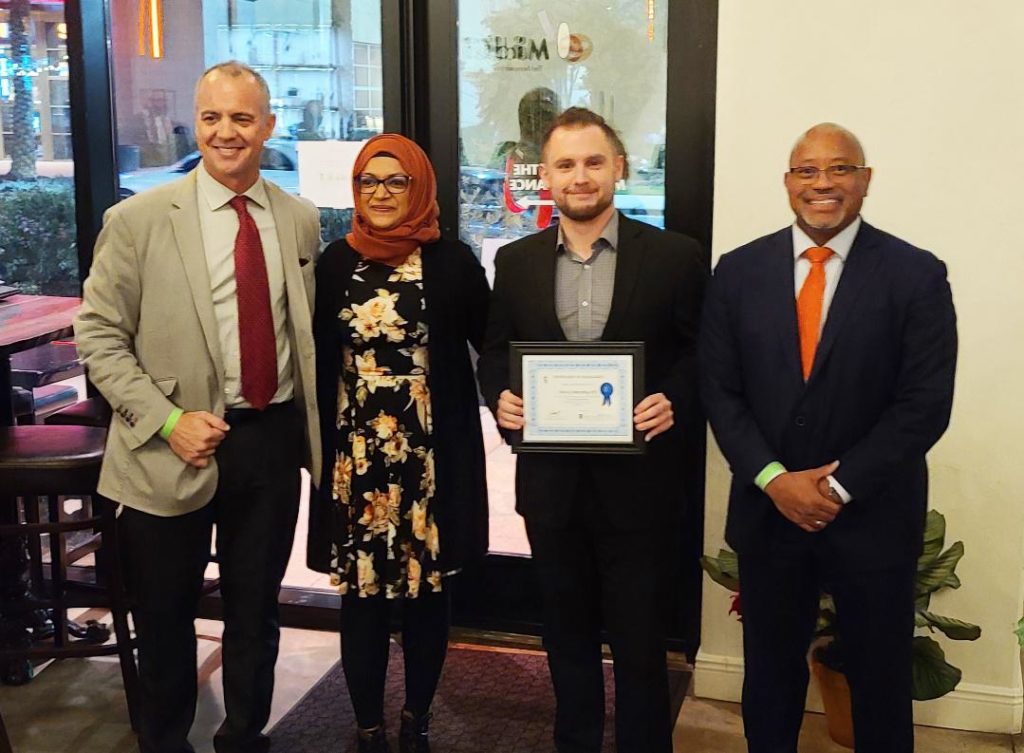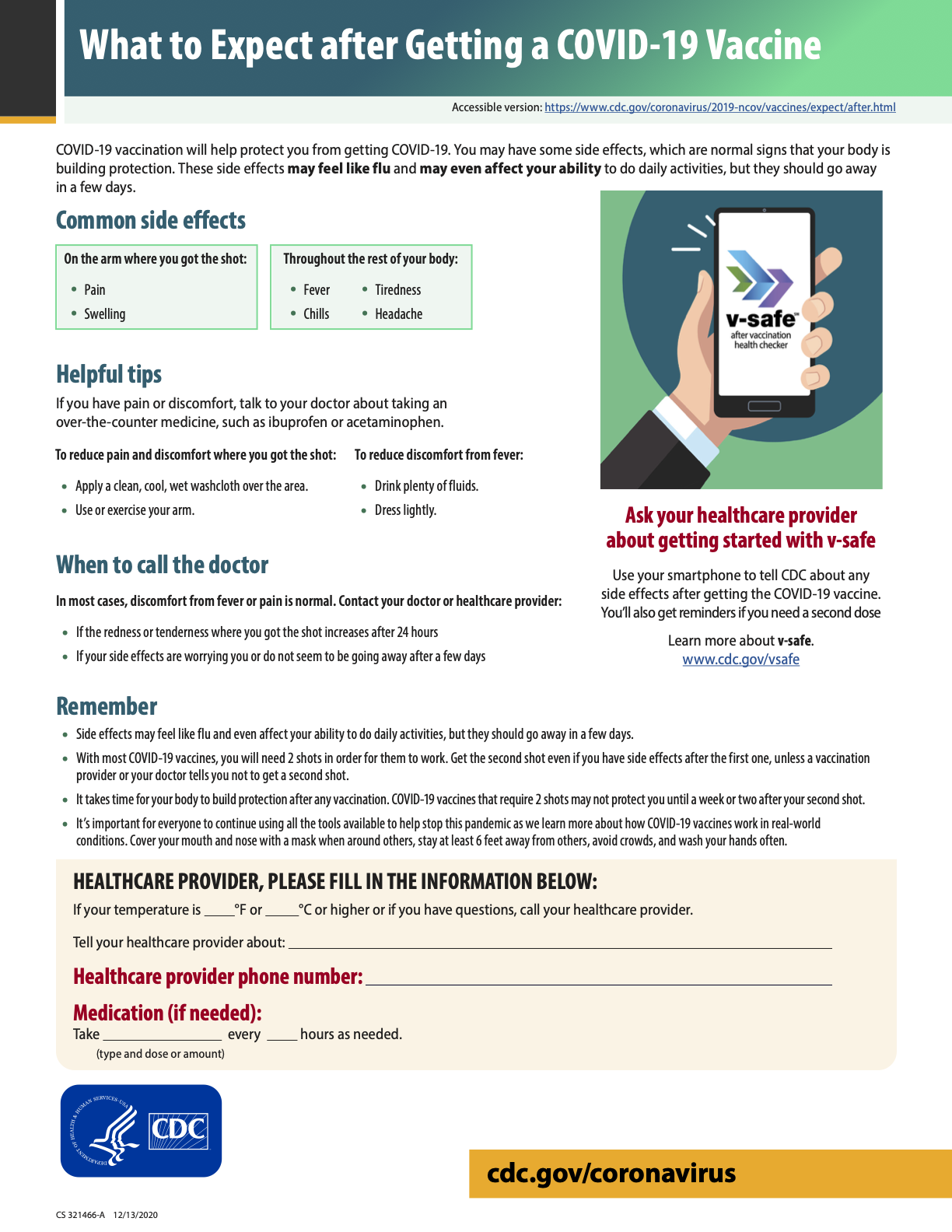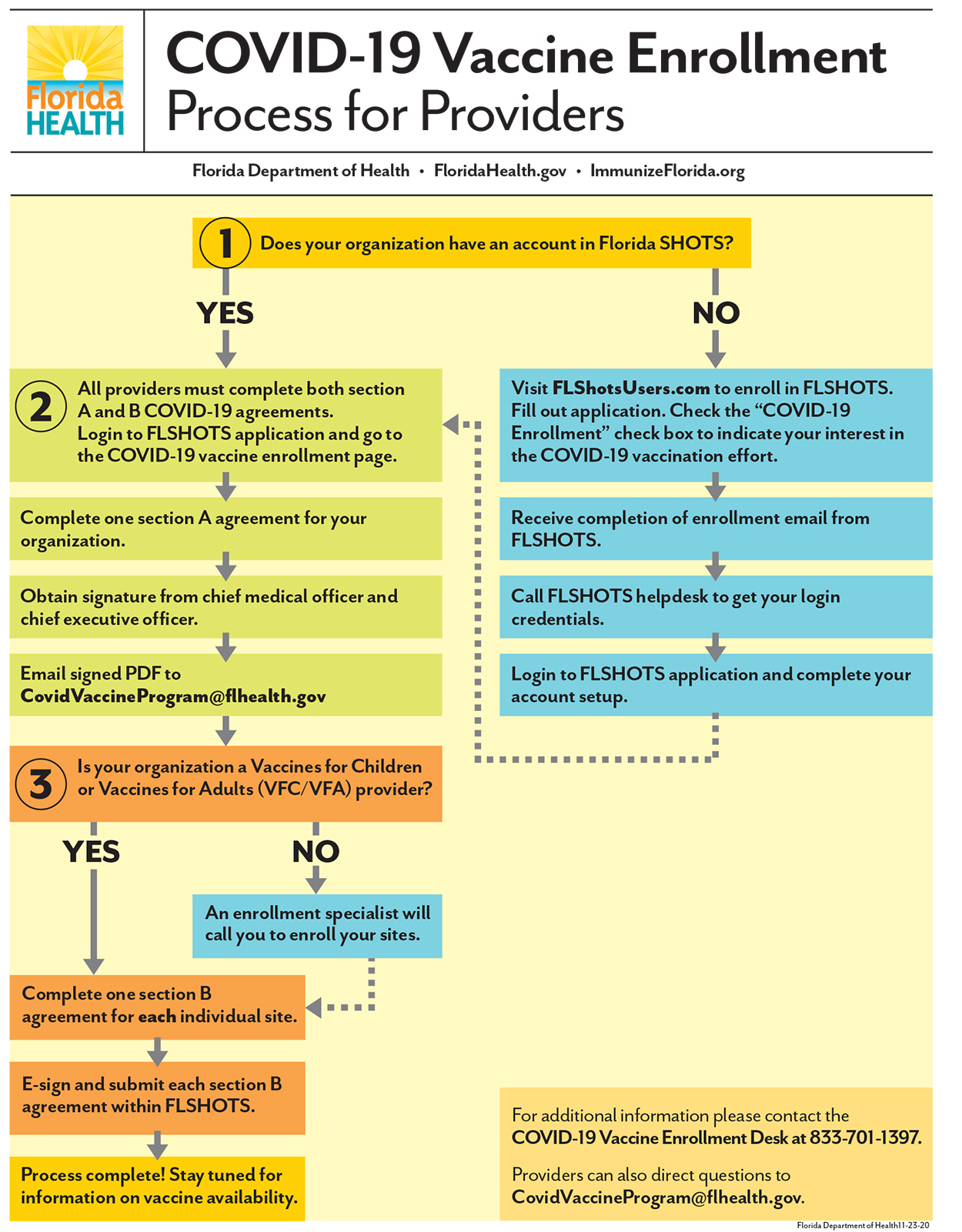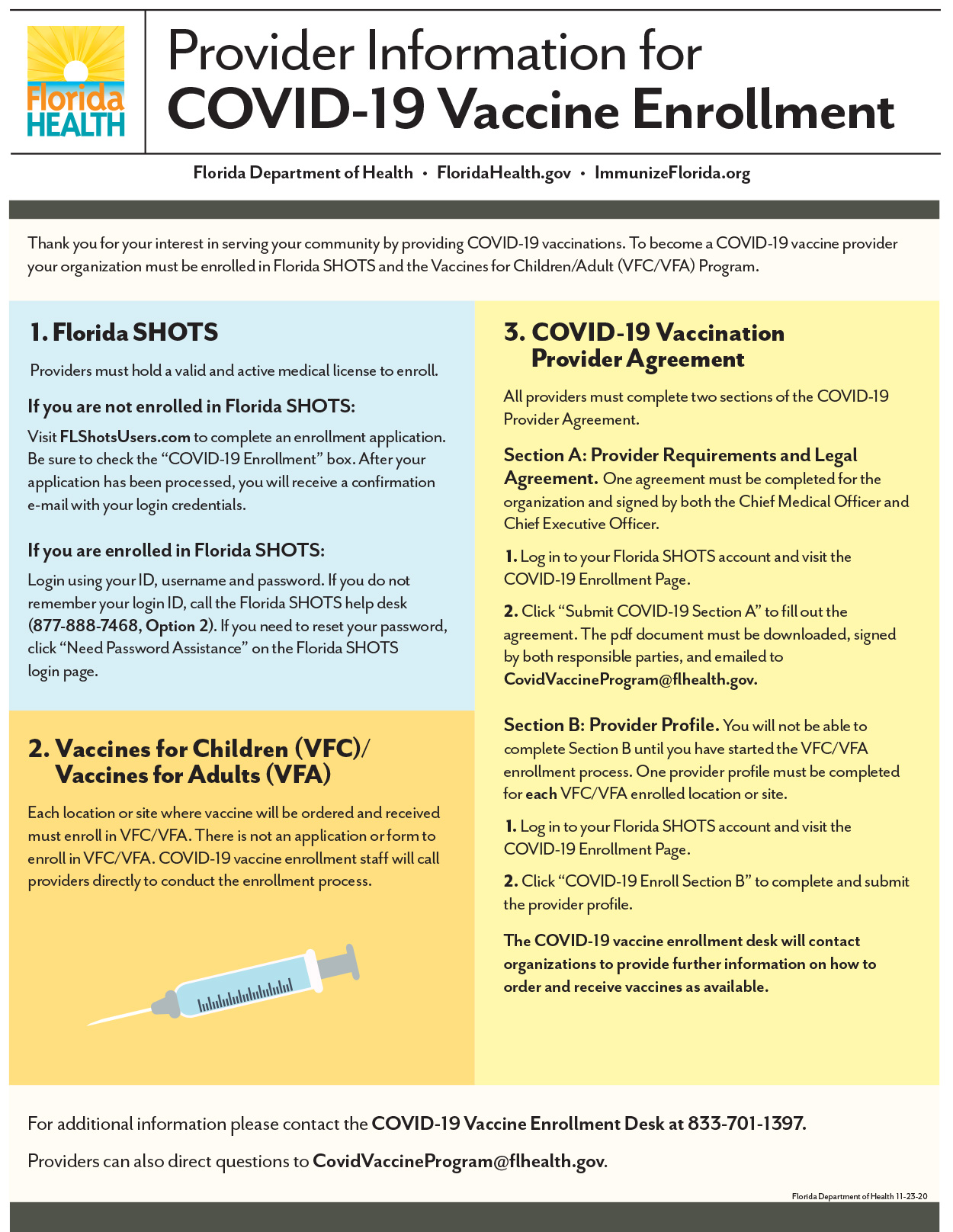Call for Scientific Posters

January 22, 2025 – UF Professional Park, Gainesville, FL
Abstract Submittal Deadline: November 30, 2024
Poster Submittal Deadline: December 31, 2024
Sponsored by:
The Alachua County Medical Society invites all Residents, Fellows, and Medical Students to submit a Scientific Poster at the 6th Annual ACMS Poster Symposium. The symposium is divided into two categories (Basic Research and Clinical Case Reports) and provides young physicians with an opportunity to network and share their significant research and clinical work with Colleagues, Professors and peers.
Poster Submission Guidelines
Poster Symposium Categories: Basic Research and Clinical Case Report
Platform Presentation: 50 Projects with the highest scores in advanced judging will be invited to present their posters at the 2025 ACMS Poster Symposium event on Wednesday evening, January 22nd from 6:00pm to 8:00pm (Set up is from 4:30 – 5:30pm).
First Round Judging will begin prior to the event, with onsite judging conducted from 6-7pm. The five highest scoring posters will be announced at 7:30pm. All Poster Presenters and their guests are invited to attend the General Poster Competition event.
Scholarship Awards will be as follows:
1st Place: $500 Scholarship
2nd Place: $400 Scholarship
3rd Place: $300 Scholarship
4th Place: $200 Scholarship
5th Place: $100 Scholarship
Rules for Submission of Posters:
- Presenting author(s) must be a Resident, Fellow or Medical Student in Alachua County.
- Deadlines:
- Abstracts must be submitted by November 30, 2024
- Posters must be submitted by December 31, 2024
- Submissions must be emailed to acmsassist@acms.net or submitted online at acms.net (under Events).
- Presenting author(s) MUST be able to attend and present at the Symposium on Wednesday evening, January 22, 2025. The personal presentation of your work is a key part of your overall score.
- Applicants are limited to ONE poster submission per author.
- Each author may present ONE poster only at the January 22nd presentation.
- The research should be presented on a single poster. The project must be printed on paper and mounted on poster board for the Symposium presentation. Set up easels will be provided.
- Save your file using the naming convention lastname.firstname.
- Landscape orientationpresentations only. Poster dimensions should be a maximum of 36”w x 48”h.
- The night of the Symposium, your presentation should be no longer than 8 minutes, leaving time for Q&A with the judges.
- Judging for the general poster competition will take place between 6:00 pm and 7:00 pm.
- Length should be 1 page of content – or one Poster.
Content and Ethical Considerations: Posters are intended to convey a scientific result and may not contain advertisements for commercial interests, products or services. Volunteer physician members of the ACMS will make final decisions about eligibility. The ACMS reserves the right to deny any application that, in the opinion of the reviewers, is deemed promotional, commercial or unethical. All posters must be approved by their participating medical facility prior to submission (UF Health, UCF or HCA North Florida Hospital).
The five highest scoring projects will each receive a scholarship from the ACMS and, after submitting their application to the FMA, will be automatically accepted into the Florida Medical Association 2025 David Paulus Poster Symposium in Orlando Florida, Summer Meeting 2025. The winning poster authors must complete an application with the Florida Medical Association and submit their poster online for inclusion in that competition (at flmedical.org ). The rules for the FMA Poster Competition can be found at flmedical.org (format, etc.)
On-Site Judging: Eligible presentations will be reviewed by a team of Judges based on the following CRITERIA:
- Project/case report design and methods: Project/clinical vignette is clearly designed; scientific/clinical procedures are appropriate and well organized; Author uses a logical scientific method and appropriate methodology/relevant history, physicals, and complementary studies are included; Presenter exhibits a good understanding of the methods used/case report.
- Data: Effort has been made to identify all significant variables affecting the experimental results/case report, and those variables not manipulated as part the experimental design have been controlled or there is an organized and logical algorithm of case presentation; Clinical topic is interesting and relevant to scientific knowledge; Data is presented in a clear and understandable manner with an effort to eliminate bias.
- Discussion/Conclusion: The effect of experimental error was estimated and considered when drawing the discussion/conclusion or the discussion/conclusion are relevant and pertinent to the case; Potential pitfalls and limitations of the project/case have been addressed; The discussion and conclusion use relevant sources to compare and contrast the information that exists in literature; the conclusion is consistent with the date and/or observations/case.
- Organization/Visual Presentation: Visuals are easy to read and logically organized; Grammar and syntax are correct.
- Presenters must be able to:
- Explain the project/case report concisely
- Clarify the relevance of the project/case
- Answer questions thoroughly
Tips:
- Your poster should be a “visual overview” of your project or case.
- It should be able to stand alone without any explanation or accompanying presentation.
- Hone the available information, data, and graphics carefully so that everything included supports and contributes to the ability of your poster to convey an easy-to-grasp message.
- Be sure any added technology (laptop, etc.) supports a quick visual overview of your project or case.
Judges want to see that you are able to artfully depict the scientific value of your project or case at a glance, rather than create a technological masterpiece that relies on embedded animations, videos, and multiple pages of information.
Basic Research
- Purpose: Why was this study/research performed?
- Methods: How has this problem been studied?
- Results: Principal data and statistical analysis?
- Discussion: What is the interpretation of the data?
- Conclusion: What is the relevance to practice or future research?
- References: Provide up to three references if applicable.
Clinical Case Report
- Introduction: Explain the background of the case, including the disorder, usual presentation and progression, and an explanation of the presentation if it is a new disease. Case presentation: Includes all relevant details concerning the case.
- Conclusion: State clearly what can be concluded from the case report, and give a clear explanation of the importance and relevance of the case.
Thanks to the Sponsor of the 2025 ACMS Poster Symposium:
